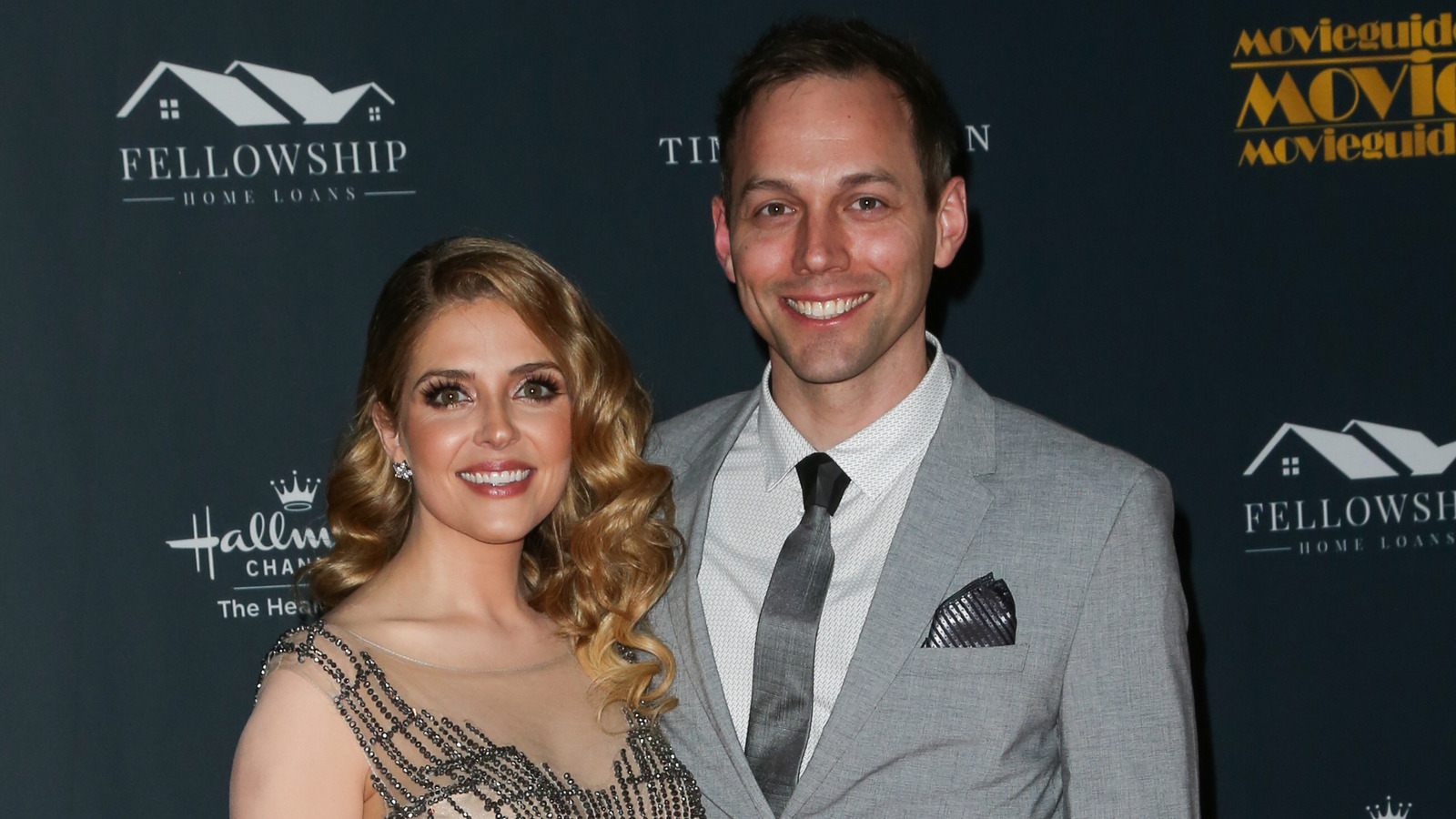PC game platform GOG has launched a new preservation program dedicated to keeping beloved older games playable, “now and in the future.”
“If a game is part of the Preservation Program, it means that we commit our own resources to maintaining its compatibility with modern and future systems,” the announcement blog reads.
The program is launching with 100 games including Diablo, System Shock 2, and Resident Evil 1-3, with GOG planning to add emore titles in the coming months. Games featured in the program will come with a number of perks. GOG says that when you buy a game from the program, you can:
- “expect it to work on current and future popular PC configurations”
- “be sure that this version is the best and most complete available anywhere, including compatibility, manuals, and other bonus content, but also DLCs and even features that are missing in other editions”
- “access GOG’s Tech Support if you encounter technical issues with running the game”
- “as with all titles in our catalog, always keep access to their offline installers, granting you the power to safeguard them how you want”
GOG says that its goal is to acquire “all games no longer updated or maintained by their original publisher,” no matter their age. A recent study from the Video Game History Foundation found that 87 percent of games released before 2010 are no longer able to played. These figures are exacerbated by the trend of delisting classic games from storefronts or shutting down entire storefronts altogether. Even new games are subject to inaccessibility with Sony’s Concord going permanently offline mere weeks after its launch earlier this year.
With the launch of this preservation program, GOG is one of the only major game platforms to directly acknowledge the grim reality of video game preservation while taking significant action to keep older games accessible.
“Games shaped us,” reads the announcement. “Being able to play them is an essential part of reconnecting with ourselves. They must stay accessible, playable, and alive.”
 1 week ago
2
1 week ago
2




















 English (US) ·
English (US) ·